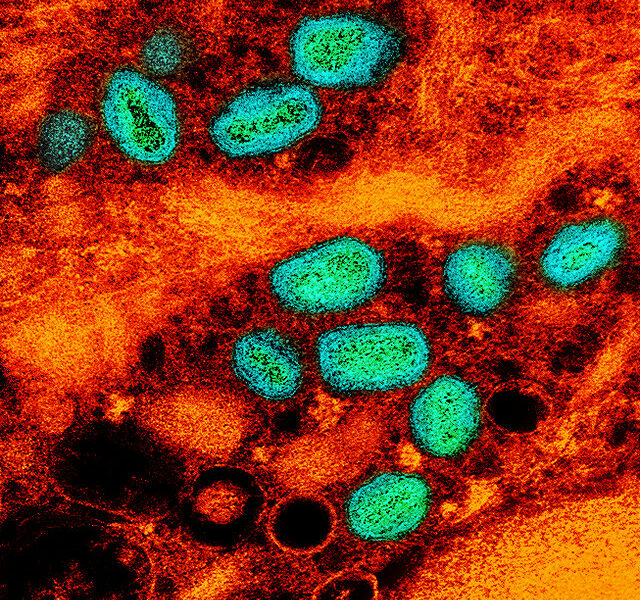As of Wednesday June 6, one man has died from Legionnaires’ disease, and fifteen are in critical condition in Edinburgh, Scotland. Officials believe that cases will continue to appear but should decline after the coming weekend.
The source of the infection is currently unknown. Officials have been investigating the water-cooling towers of several industrial plants within a 44 square-mile area. They are also treating the water at sixteen suspected facilities with chlorine and bromine to kill any remaining bacteria that could cause Legionnaires’.
Legionnaires’ disease is caused by the bacteria Legionella pneumophila. The bacteria typically infect the lungs, resulting in an illness similar to pneumonia. Patients may develop other symptoms such as chills, muscle pain, and mental confusion.
Officials are stressing that Legionnaires’ disease is not contagious from person to person. The bacteria grow in water, especially large-scale water facilities such as hotel water systems or industrial plants. People are infected with the bacteria by inhaling microscopic water droplets that contain the bacteria.
Most people infected with the bacteria will not develop symptoms. The illness normally appears within two to fourteen days of exposure.
The general public, officials insist, is not at risk for infection with Legionnaires’ disease. People with underlying or pre-existing health concerns are most at risk because of their weak immune systems. Because the bacteria travel by air, people do not need to be concerned about infection through the public water supply.
Presently, officials are investigating possible infection during a victory parade for a local soccer team. Crowd members may have inhaled the bacteria emitted from nearby water-cooling towers. However, identifying the source is difficult because the bacteria can travel up to four miles on the wind.
Experts recommend that people in Edinburgh experiencing flu-like symptoms should visit a doctor who will be able to test for and diagnose Legionnaires’ disease. Antibiotics are an effective treatment in nearly all cases.

